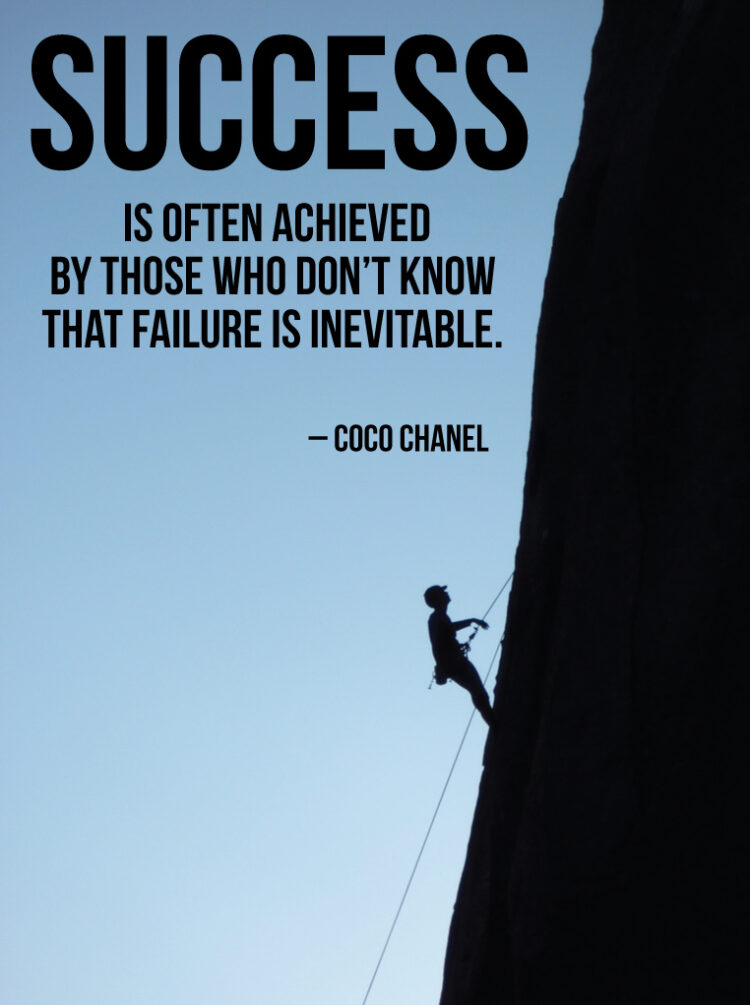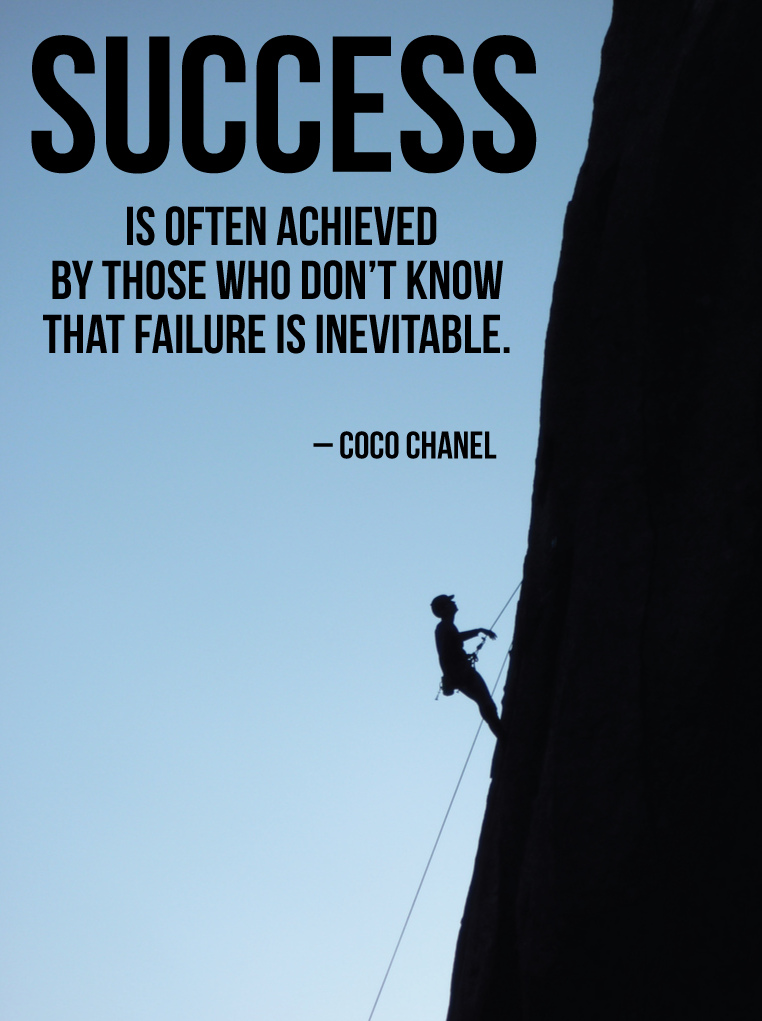Content comprises one of three pillars in online marketing with the other two being search and social. Indeed, online content feeds these other two pillars and, according to statistics released by CMO, 20% of the average company’s content drives 90% of its web traffic.
This is one reason the landscape has seen such a shift in terms of top brands becoming publishers. The reason for this strong focus on content is simple: increased engagement with the target audience. Over 50% of in-house and agency marketers cite high engagement as one of their top three business objectives, and online content acts as a direct vehicle to engage with customers and prospects.
So, needless to say, those marketers without a firm content strategy in place may want to read the writing on the wall. But creating helpful and authoritative content that resonates with readers is only part of the battle; other strategies should be considered as well. Here are just a few.
First Publish at Home
There’s something to be said for the power of social media. However, it is increasingly difficult to harness this awesome marketing power without first giving a piece of online content a solid platform on which to stand.
In almost every instance this platform should be the business or company website. By publishing here first, marketers control visibility and location to their exact specifications. Once a foothold is established here, marketers can encourage audiences to take the material social.
Go Social
Once the content is up on the home site, marketers should come up with a social strategy. Facebook, Twitter, LinkedIn and YouTube are, of course, the most popular social platforms utilized by B2B marketers. And with the steady rise in popularity of Google+ as an all-encompassing social SEO tool, it’s pretty clear those who ignore this corner of content marketing may lose out
Get Personal
One of the best ways to successfully engage with a customer base is by showing some personality. And while marketers of years past frowned upon on adding personal touches to their content, these days it’s a necessity. That means marketers should focus on putting a face on the brand and compose content with a more conversational style.
Incorporate Images
As they say, a picture is worth a thousand words which is one of the reasons Pinterest is fast becoming a dominant social networking site. And why YouTube enjoys immense popularity as a social platform. While its clear images and video can add help engage with an audience, they also serve another purpose: they work well with mobile. The smaller screens of tablets and smartphones are the perfect vessels for content heavy on images and light on text.
Be of Use
Online content lives or dies (or is shared) by its overall usefulness. It’s just not the appropriate medium for a series of sales pitches. For content to truly engage a customer, it will offer tangible benefit to the reader. A health-food store, for example, can be effective by publishing healthy recipes or exercise tips. Conversely, clothing retailers can get customers interested by creating posts on current clothing trends or by offering fashion advice.
If marketers take away anything from the above strategies, it should be the notion of diligence. Brands that wisely choose to hire a content creator will want to produce content multiple times per week. It’s only through generating and disseminating original, targeted content to customers and prospects that the other strategies will prove successful.
This contributed article was written by Jason Bayless, a professional blogger who offers small business and entrepreneurs SEO advice. He also writes forBestSEOCompanies.com.
Image Credit: CC by John Fischer





